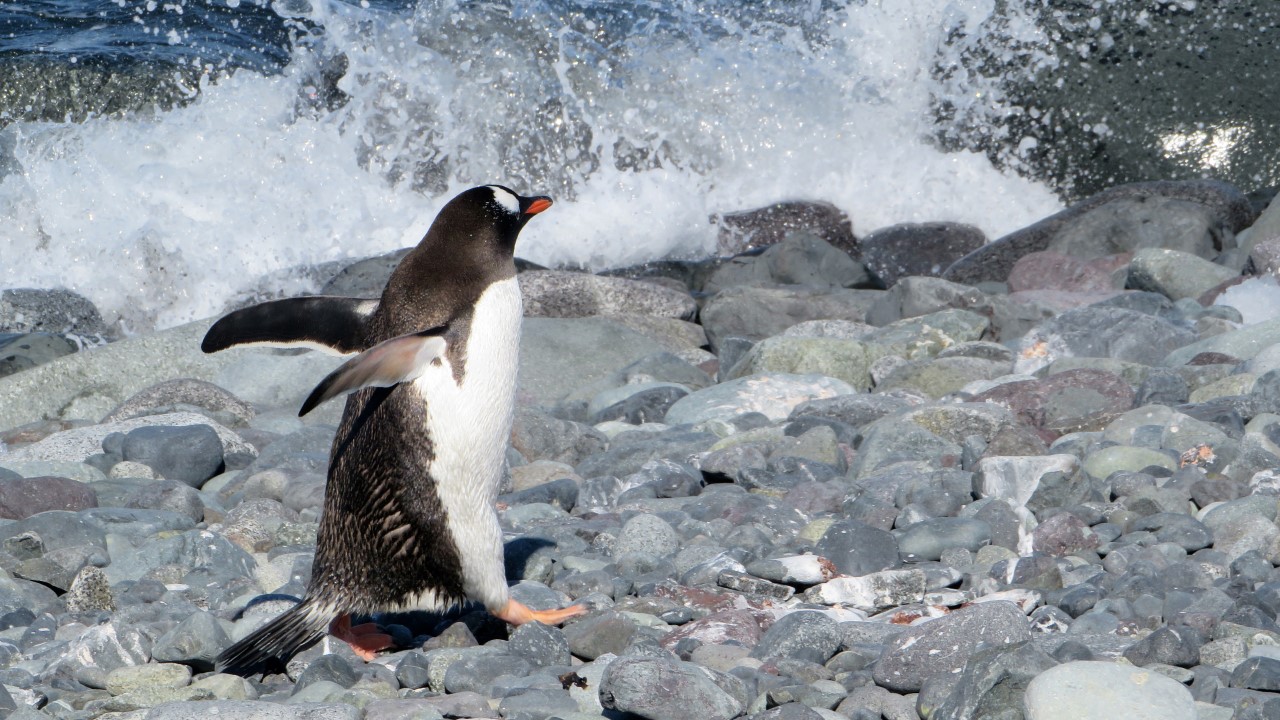
Coronavirus lockdowns put pause to Russell Davies’ Doctoral Recognition Award-winning PhD research into the gut microbiome and the interactions between nutrition, physical activity and metabolism.
A further gift of £10,000 from donor and alumnus Ian Tarr has enabled Russell to extend his studies alongside his work as a healthcare assistant.
Russell says:
“It has been a very valuable experience. I’m happy to be able to do something to support the NHS after the rough time we’ve all been through.”


